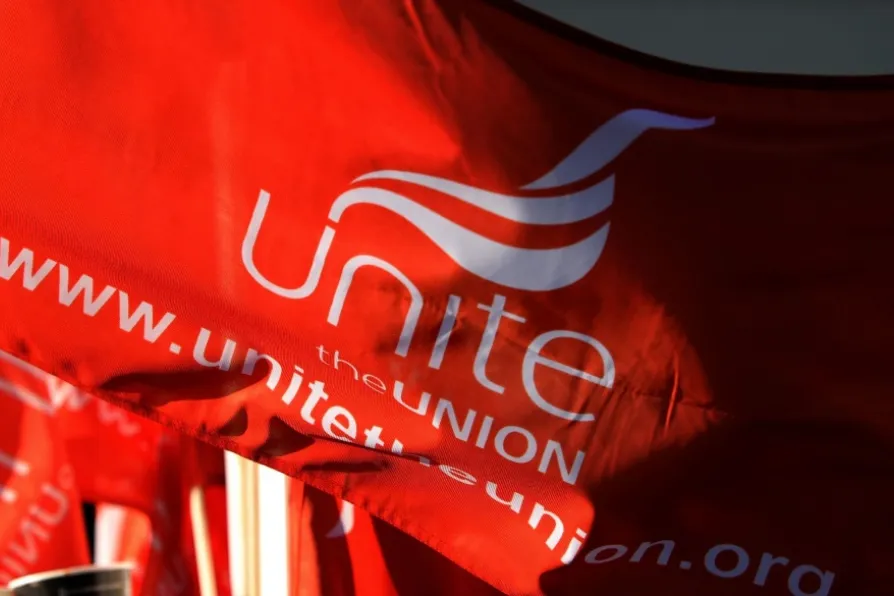

WOMEN are being “failed by bosses,” with a quarter saying they have been sexually assaulted in their workplace, according to a landmark survey published by Unite today.
The study, carried out as part of the union’s Zero Tolerance to Sexual Harassment campaign, heard of a catalogue of routine abuse and management inaction from female members across all 19 industrial sectors that Unite represents.
More than half of the 6,615 respondents had been the target of sexually offensive jokes and 55 per cent had experienced unwanted flirting, gesturing or sexual remarks, it found.
The study also found that 43 per cent had been inappropriately touched and 28 per cent reported being shown or sent pornographic images by a manager, colleague or third party.
A staggering 25 per cent had been sexually assaulted at work and 8 per cent had been subjected to sexual coercion.
Across the spectrum of abuse, 36 per cent said it had happened more than once and 48 per cent said more than twice.
The survey painted a picture of endemic harassment, with problems concentrated in sectors such as the construction, transport, food and drink.
A huge 75 per cent said they had not reported the incidents amid workplace cultures that still lead women to fear the sack if they challenge harassment.
Branding the findings “damning,” Unite general secretary Sharon Graham commented: “Women workers are being failed by bosses.
“Nobody should suffer sexual harassment in the workplace.
“Unite is committed to taking a zero-tolerance approach and we will put every employer turning a blind eye on notice.”
The union called for mandatory training on combating sexual harassment and highlighted that the Worker Protection Act 2023 requires employers take measures to prevent such abuse.
Unite national women’s officer Alison Spencer-Scragg said: “The Worker Protection Act has not gone far enough in keeping women safe from sexual harassment at their workplace.
“Employers are not taking their obligations seriously.”
At Unite’s policy conference in Brighton, delegate Jane Stewart backed the call for action, saying: “Preventing sexual harassment is not optional, it is a legal and moral responsibility.
“Workplaces must provide clear policies, safe reporting channels and regular training.
“But prevention goes beyond these policies, it’s about building respect, empathy and accountability into the culture of every organisation.
“Let’s commit to workplaces where dignity is protected, voices are heard and harassment has no place.”

EDDIE DEMPSEY explains why the RMT is calling for urgent action against assaults on staff and passengers on our public transport system

Working-class women lead the fight for fair work and equitable pay and against sexual harassment, the rise of the far right and years of failed austerity policies, writes ROZ FOYER

‘People up and down the country are asking whose side is the Labour government on and coming up with the answer: not workers,’ Unite general secretary Sharon Graham says










